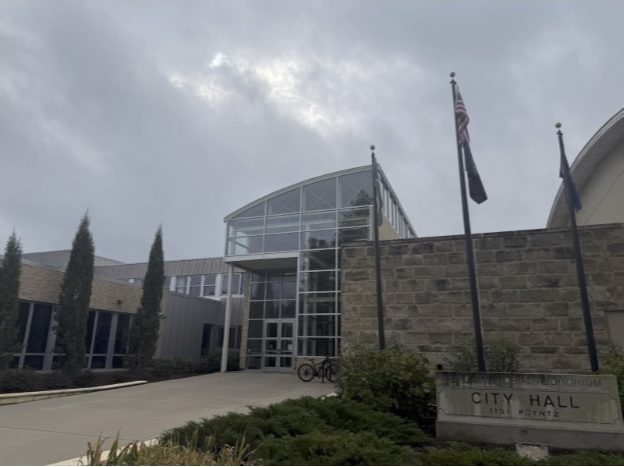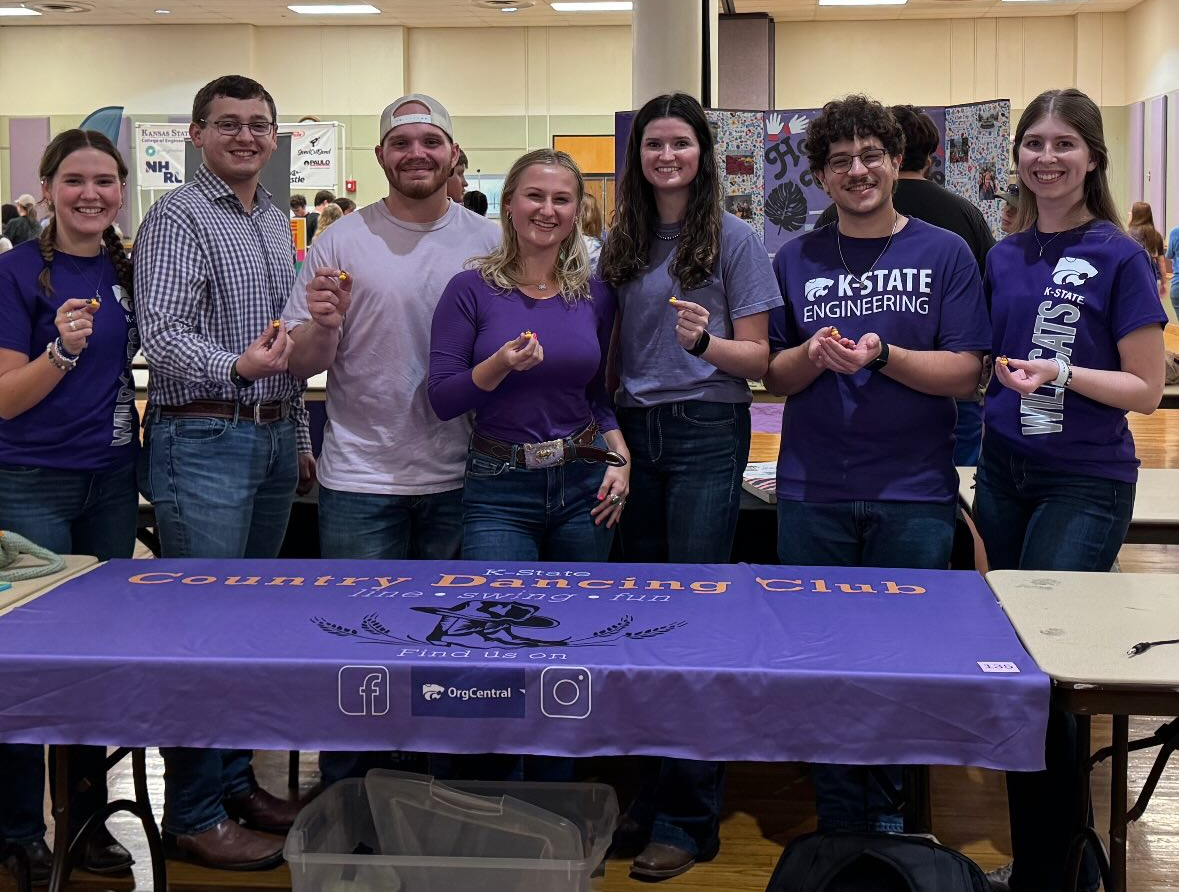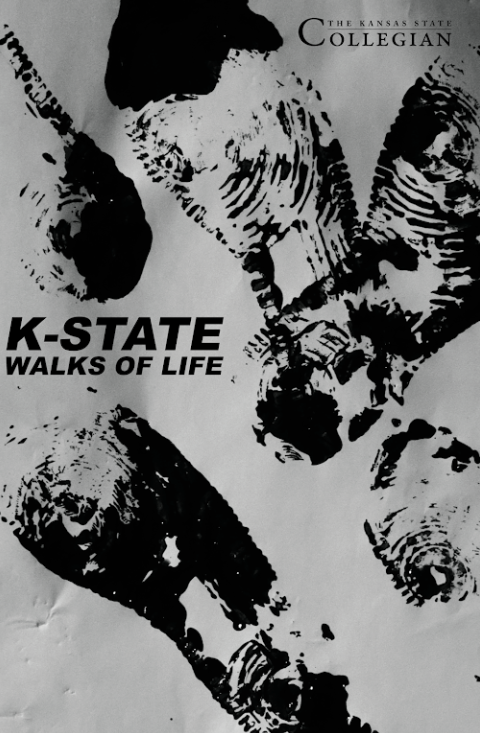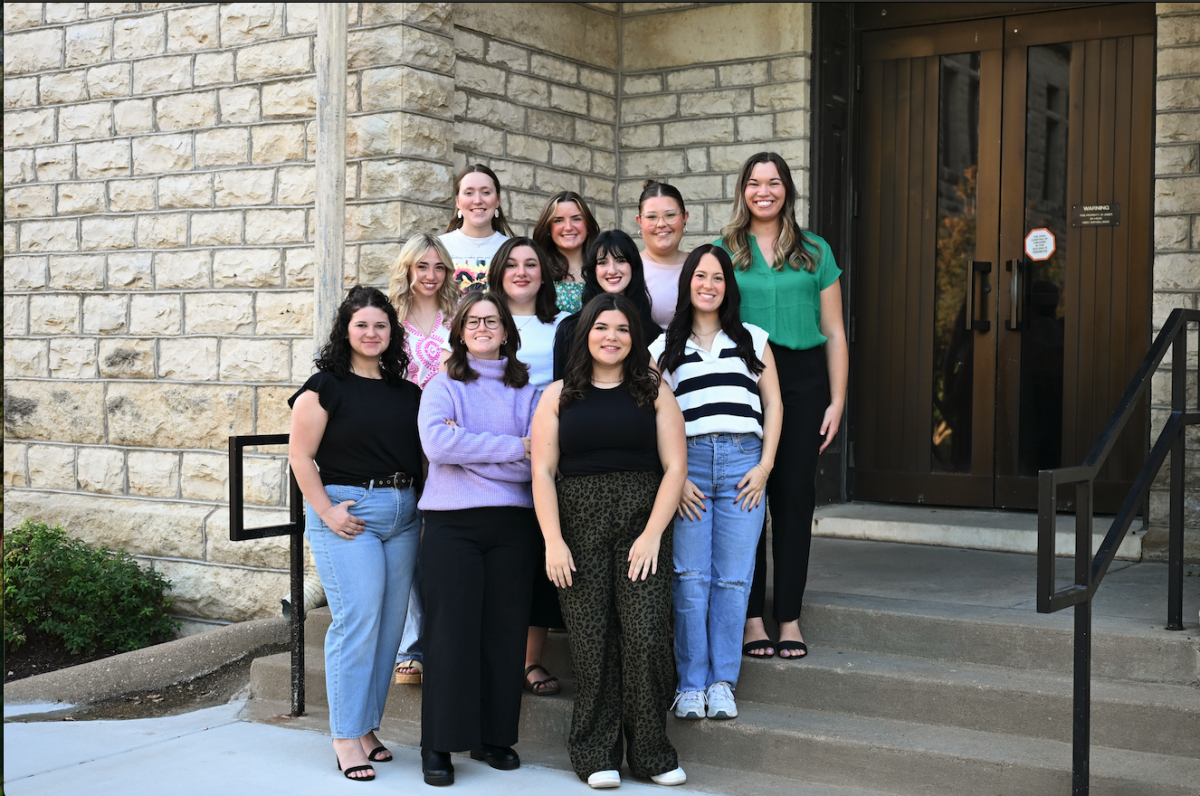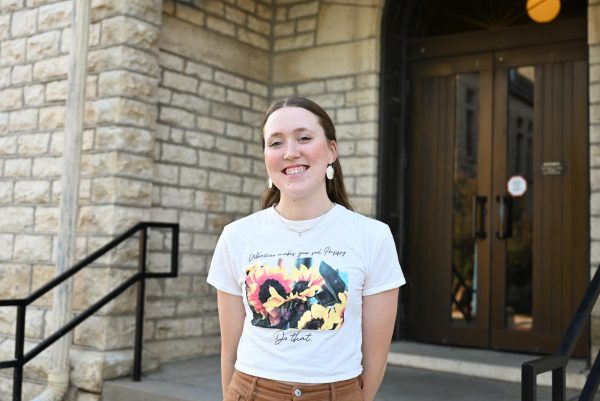Health officials began investigating a tuberculosis outbreak in the KCK Metro area in early 2024, according to the Kansas Department of Health and Environment. As of Jan. 31, there are 67 confirmed cases of active TB and 77 confirmed cases of latent TB.
Tuberculosis is caused by bacteria, usually affecting the lungs. Lafene medical director Michael Campbell said there are two types of the illness: active TB, which can be spread, and latent TB, which is inactive and doesn’t spread.
Jakob Clarke, clinic supervisor at the Riley County Health Department, said most of the diagnoses were made in the summer of last year. However, these cases were not linked to anyone in Riley County, as the outbreak is in Wyandotte and Johnson County.
According to the KDHE, 60 of the active cases associated with the outbreak are in Wyandotte County and seven are in Johnson County. For the latent cases, 77 are in Wyandotte County and two are in Johnson County.
“I think there’s been relatively few diagnoses these past three to four months,” Clarke said. “Just really the nature of TB is that it can be a long treatment course, and that’s really what’s happening here is that as people are progressing through that TB treatment course, it’s very long lead time in reaching that cure state or that considered non-infection state.”
Lafene medical director Michael Campbell said for TB to be transferable, a person must have prolonged, close contact with an infected person.
“This has to be for hours at a time, typically inside, close contact with somebody else who is speaking, coughing, laughing, sneezing and putting those tuberculosis particles out into the air,” Campbell said. “It can take three to eight weeks to test positive. So it’s something that doesn’t happen right away, even if somebody does get it … this is very much different than like the COVID-19 pandemic that we’ve all went through. Tuberculosis doesn’t spread as well because it takes hours of exposure inside to somebody.”
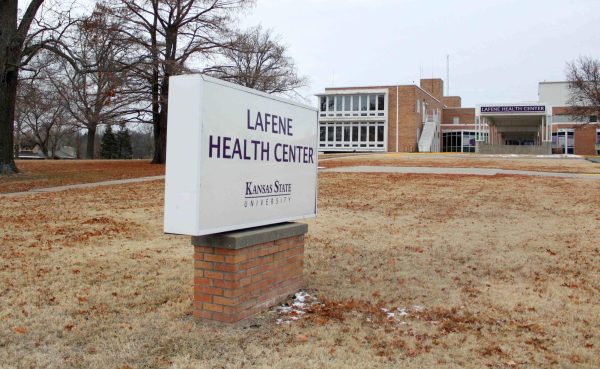
In September, a Kansas State student tested positive for TB — the first active case at the university in several years. Clarke said this case is not connected to the outbreak.
“There was an isolated active case here in Riley County in 2024, but no, there’s been no epidemiological link to the outbreak,” Clarke said. “They are considered to be very separate.”
Clarke said while the large number of active TB cases is cause for concern, residents are not at “imminent risk” of contracting the disease.
“There’s a lot of good resources from KDHE and CDC,” Clarke said. “Those are definitely the places I would recommend the general public to go for information, both of those and then their trusted medical providers as well.”

